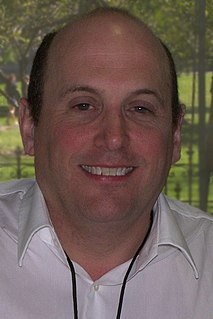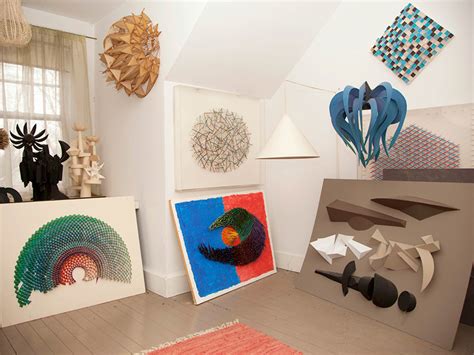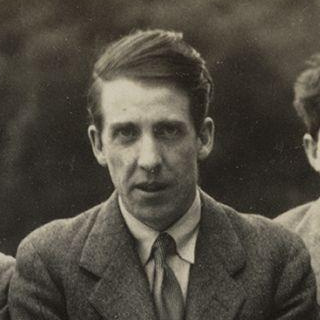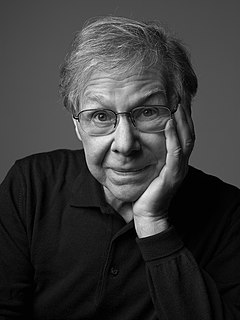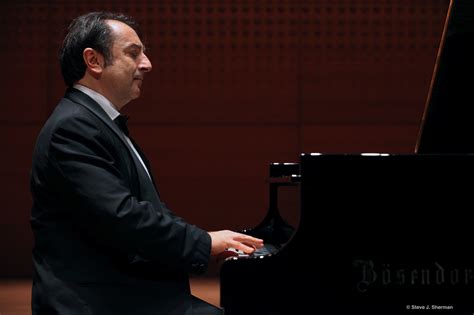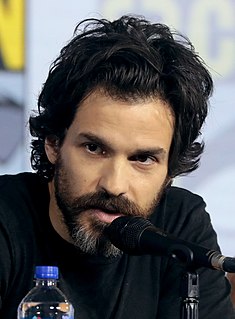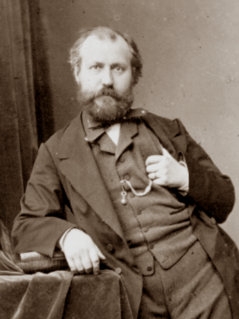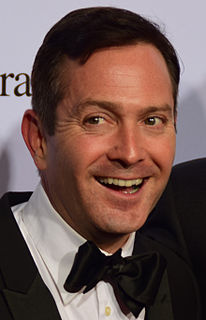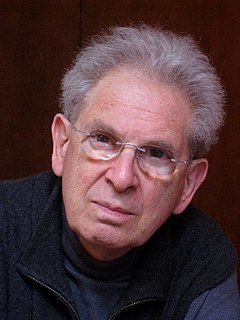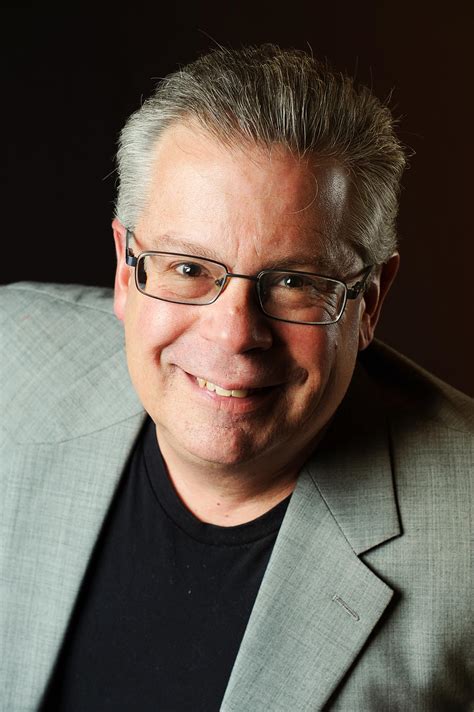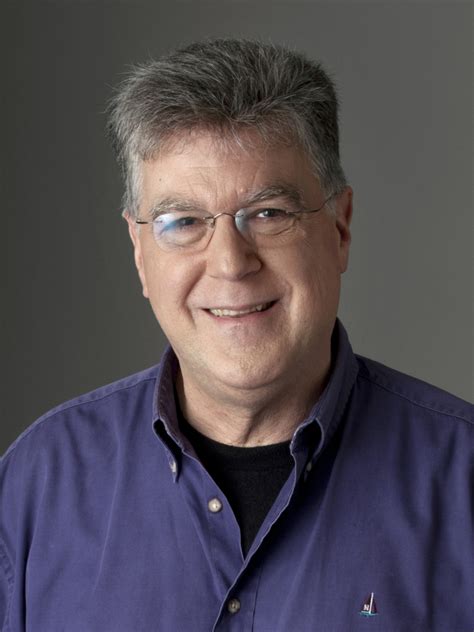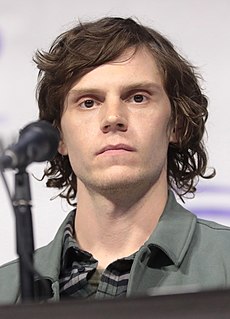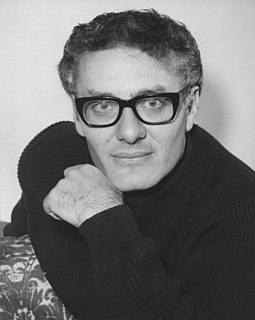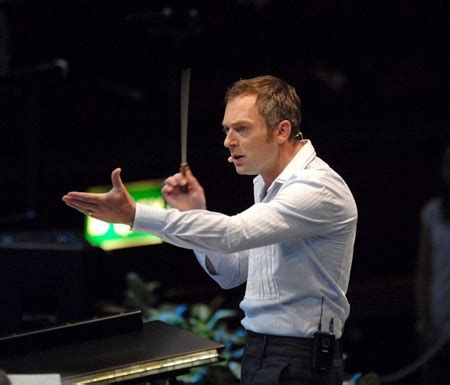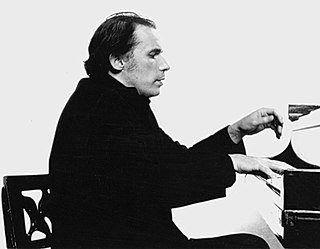Top 390 Mozart Quotes & Sayings - Page 6
Explore popular Mozart quotes.
Last updated on December 18, 2024.
I believe that traditional wisdom is incomplete. A composer can have all the talent of Mozart and a passionate desire to succeed, but if he believes he cannot compose music, he will come to nothing. He will not try hard enough. He will give up too soon when the elusive right melody takes too long to materialize.
With a computer, there are too many choices, and I always liked working within limits. You know, if you look at Mozart, who had this strict classical framework - an allegro, an andante, a scherzo and a finale - you see that within that formula, he got results he might never have gotten if he had all the options in the world.
Although the only way that I'm well known at Illinois State is that I am the "grammar Nazi." And so any student whose deployment of a semi-colon is not absolutely Mozart-esque knows that they're going to get a C in my class, and so my classes tend to have like four students in them. It's really a lot of fun.
I went to college on a classical piano scholarship. My grandmother made me practice one full hour a day. Every day. Man. I thought all she wanted was for me not to have any fun. Next thing you know, you have a career in music. Now, not everybody's going to go on and be Mozart or Michael Jackson. But music makes you smarter.
Taste and smell are often the beggars among our five senses - they leave no written language and therefore no standards other than wholly personal ones. Tasting a superlative Moselle wine can be an aesthetic experience no less genuine than hearing a Mozart piano concerto or seeing for the first time an original Breughel painting.
But the saints are never the kind of killjoy spinster aunts who go in for faultfinding and lack all sense of humor. (Nor should the Karl Barth who so loved and understood Mozart be regarded as such.)For humor is a mysterious but unmistakable charism inseparable from Catholic faith, and neither the "progressives" nor the "integralists" seem to possess it - the latter even less than the former.
Classical music, fortunately or not, unfolds in time. It's not like a picture you can stare at for 10 seconds or 10 hours. You need the minimum amount of education and training, and society needs to find a way to study music - not only the performances, but how to compose, how to understand why Mozart was great at what he did.
They are prepared for a God who strikes hard bargains but not for a God who gives as much for an hour's work as for a day's. They are prepared for a mustard-seed kingdom of God no bigger than the eye of a newt but not for the great banyan it becomes with birds in its branches singing Mozart. They are prepared for the potluck supper at First Presbyterian but not for the marriage supper of the lamb.
I'm not a culture snob. So while, of course, I think the Mozart 'Requiem' or, say, Beethoven's 'Ninth' are some of the greatest works of art in the history of humankind, that's not to say the Beatles or Queen or Simon and Garfunkel aren't brilliant, beautiful, important works of art that should be sung without a sense of irony.
I had this whole hippie idea of how easy raising a baby would be. How he would just eat and sleep and listen to Mozart, and I could just go on with my life the way it was. I was very wrong. It [being a mother] has taught me to be present and to live inside my body rather than in some out-there fantasy world.
The great hope is that people who wouldn't normally make films will be making them. Suddenly, one day some little fat girl in Ohio is going to be the new Mozart and make a beautiful film with her father's camera and for once the so called professionalism about movies will be destroyed forever - and it will really become an art form.
We often say that psi is like musical ability: it is widely distributed in the populate, and everyone has some ability and can participate to some extent - in the same way that the most nonmusical person can learn to play a little Mozart on the piano. On the other hand, there is no substitute for innate talent, and there is no substitute for practice.
It can be a work by Mondrian, a piece of music by Schönberg or Mozart, a painting by Leonardo, Barnett Newman or also Jackson Pollock. That's beautiful to me. But also nature. A person can be beautiful as well. And beauty is also defined as 'untouched'. Indeed, that's an ideal: that we humans are untouched and therefore beautiful.
Alfred Schnittke was an important contemporary composer, and he lived in Germany, but no one here has heard of him. Everyone has heard of Mozart, and many believe that he can still be found in that little house in Salzburg, which is why people stand there in line. I think that our music and our art belong to our era. If the public doesn't show up, it must be stupid.
When I turned 35, I thought, 'Mozart was dead at 36, so I set the bar: I'm going to start writing a book on my next birthday.' I thought historical fiction would be easiest because I was a university professor and know my way around a library, and it seemed easier to look things up than make them up.
Along the way [Mozart] got married; fathered seven children (two of whom survived into adulthood); performed as a pianist; violinist; and conductor; maintained a successful teaching studio; wrote thousands of letters; traveled widely; attended the theater religiously; played cards, billiards, and bocce; and rode horseback for exercise. Not bad for someone portrayed as a giggling idiot in the movies.
The psychological detective story in "Equus" made Peter Shaffer's name as a playwright. But it was his next play, "Amadeus," that cemented his reputation, largely because of the movie version. Another battle of wills, it was the story of composer Wolfgang Amadeus Mozart seen through the eyes of lesser composer Antonio Salieri.
To argue that we humans are capable of complex multifarious thought and feeling, whereas the sheep's perception is probably limited by lowly sheepish perceptions, is no more to the point than if I were to slaughter and eat you on the grounds that I am a sophisticated personality able to enjoy Mozart, formal logic and cannibalism, whereas your imaginative world seems confined to True Romances and tinned spaghetti.
People have an affinity towards things, and you don't know where it comes from. Mozart wrote a symphony when he was four, so it's said; the theory is maybe because his father was a conductor, it happened in vitro, and he heard the music before he was born, and by the age of four he knew how to write music.
Skeptics squat by the road like guardians of truth, letting no one pass who doesn't come up to scratch. They never realize that they can see only what their paradigm tells them to look for. If you judge a person only by how well he plays pool, Mozart won't pass scrutiny, but the fault is in your lens.
In my spare time, I’ve been playing a lot of piano. I’m trying to learn classical piano, Mozart and Beethoven and stuff. I took lessons when I was younger and now I sort of sight read the music and play it by ear. It’s fun. It takes up a lot of time. I practice a couple of hours a day, but I find it soothing.
What was evident was that Mozart was simply transcribing music completely finished in his head. And finished as most music is never finished. Displace one note and there would be diminishment. Displace one phrase and structure would fall. I was staring through the cage of those meticulous ink strokes at Absolute Beauty.
Opera contains music that reflects a culture of poetry and aesthetic. Spirituals are no different. What separates a spiritual for me is that I also happen to love Jesus. When I'm approaching these songs, I'm not approaching them like Mozart. I see my faith and the struggle of my ancestors and of a people seeking freedom beside what these songs are going to be in terms of their arrangement and delivery.
Most people in the Western world grow up with the received wisdom that Mozart was a genius. But few people necessarily know why. More than anyone else, he captured this something which is the human condition, the fine line that we all constantly dance between joy and pain, between absolute happiness and absolute heartbreak.
A culture that gave the world the spiritual creations of the Classical Music of Mozart, Beethoven, Wagner and Schubert, the paintings of Michelangelo, and Raphael, Da Vinci and Rembrandt, does not need lessons from societies whose idea of spirituality is a heaven peopled with female virgins for the use of men, whose idea of heaven resembles a cosmic brothel.
I love the early sonatas; I love the early Mozart, period. I'm really fond of that moment when he was either emulating Haydn or Carl Philipp Emanuel Bach or anybody but himself. The moment he found himself, as conventional wisdom would have it, at the age of 18 or 19 or 20, I stop being so interested in him.

